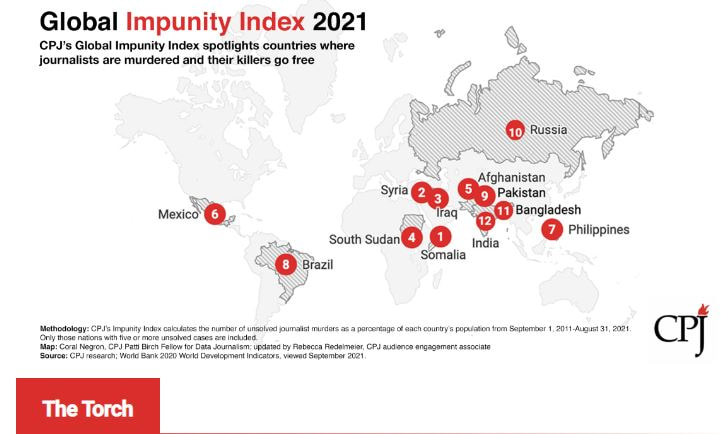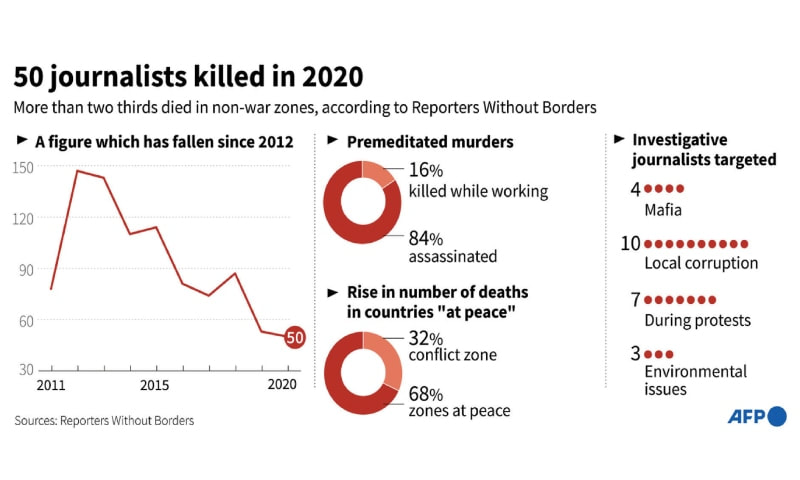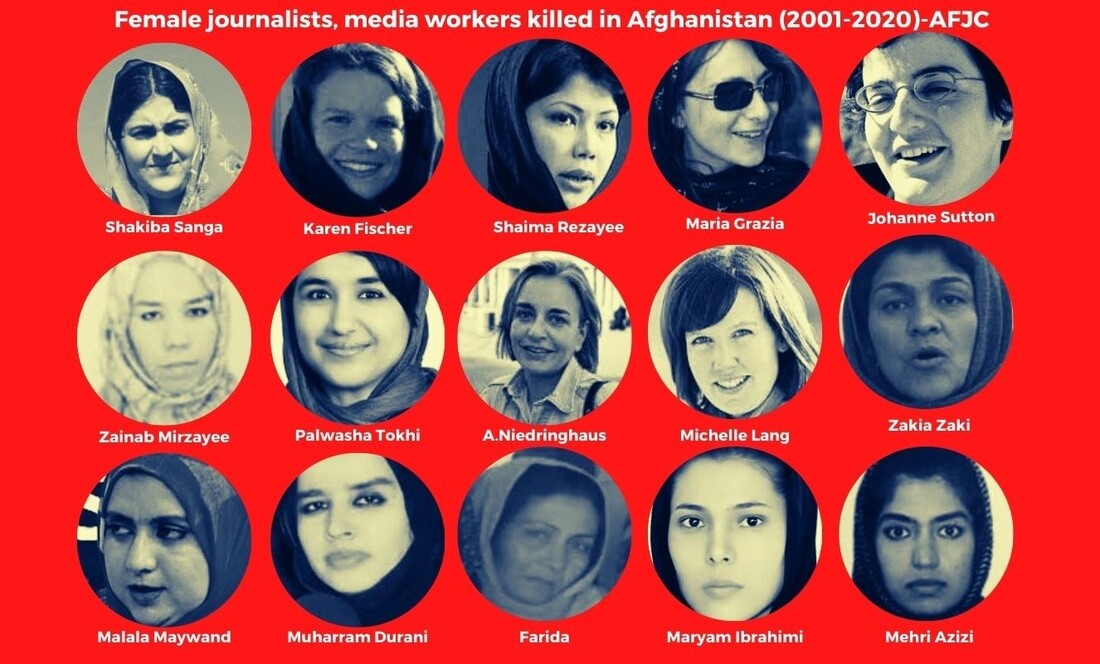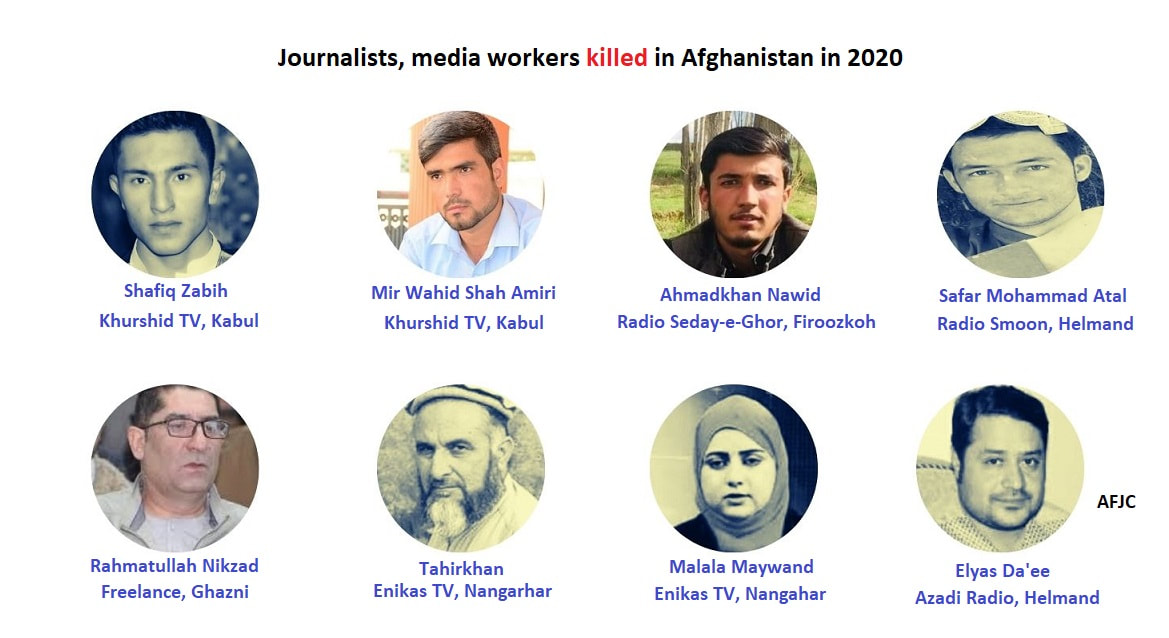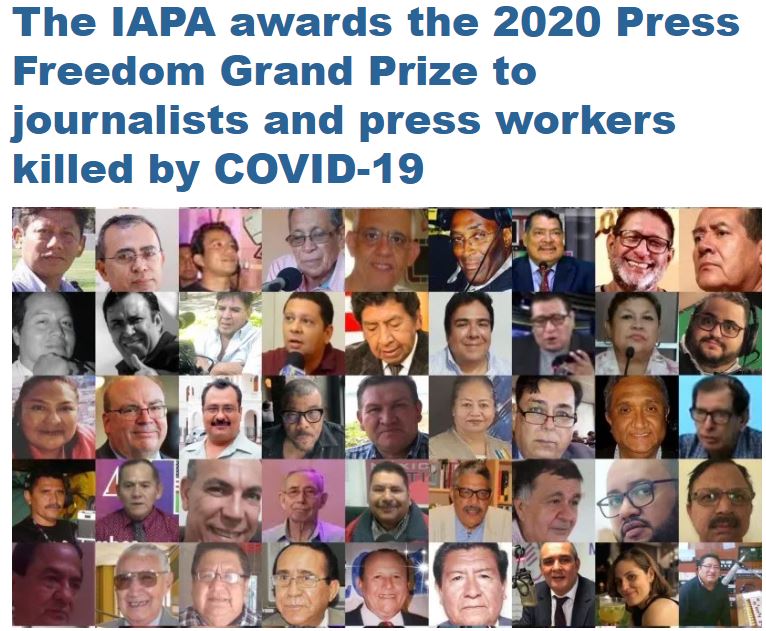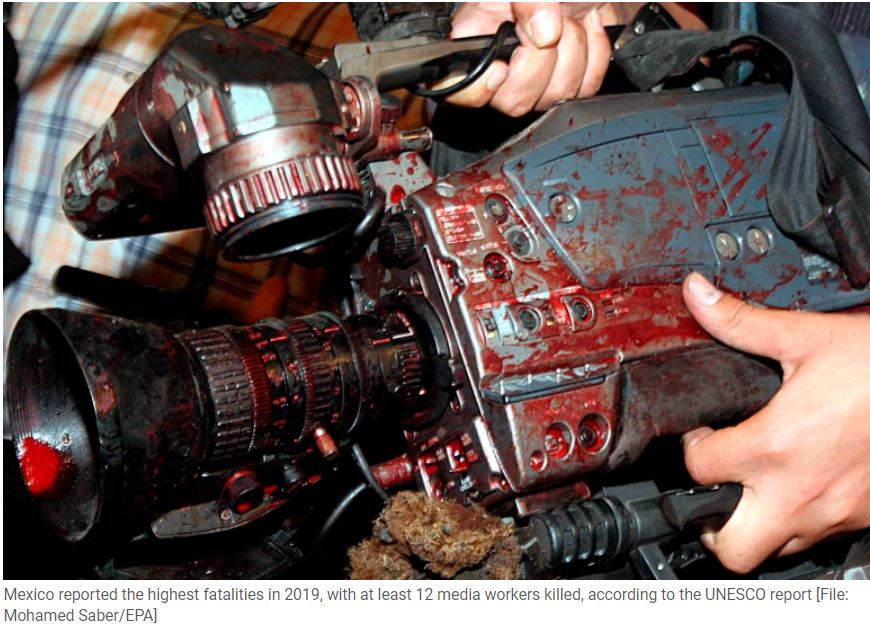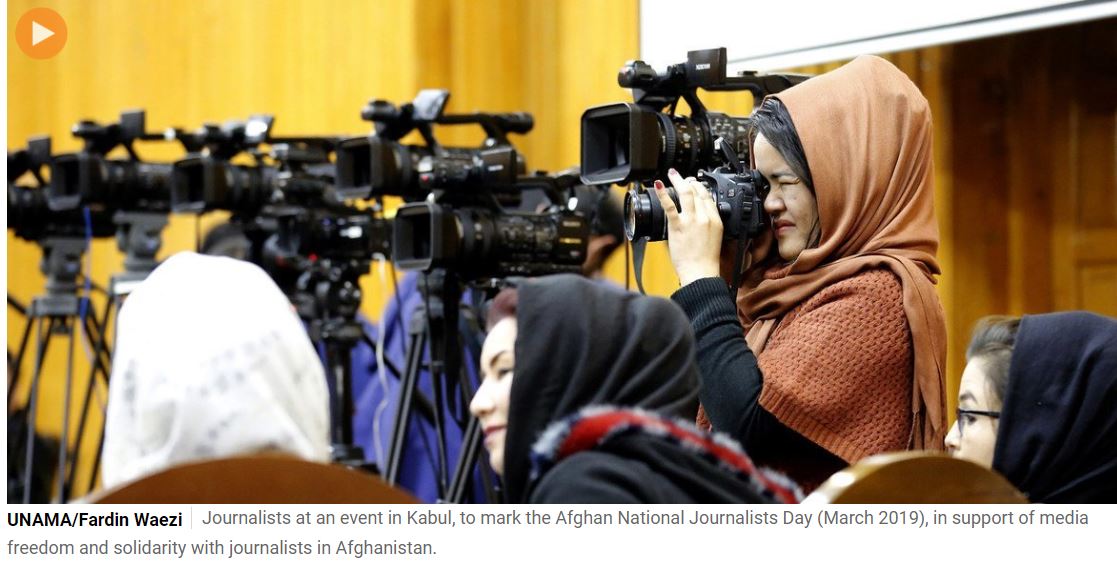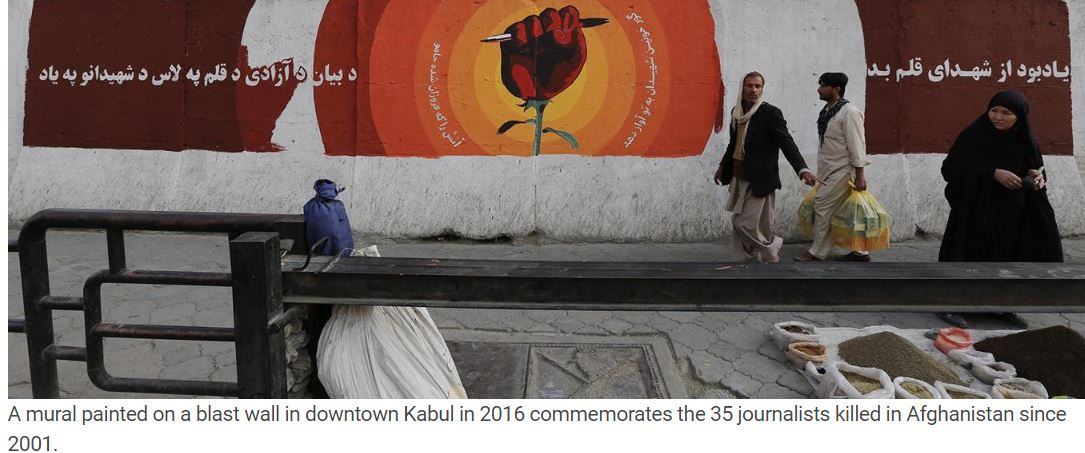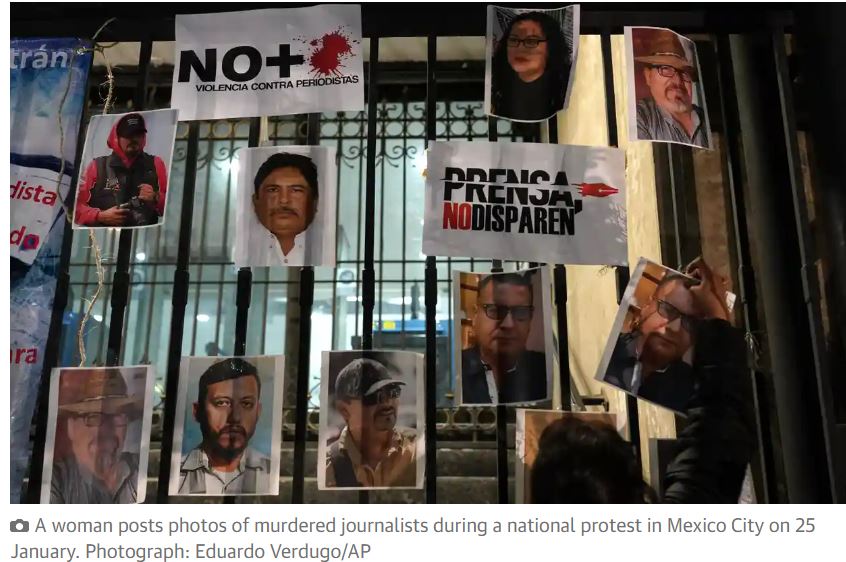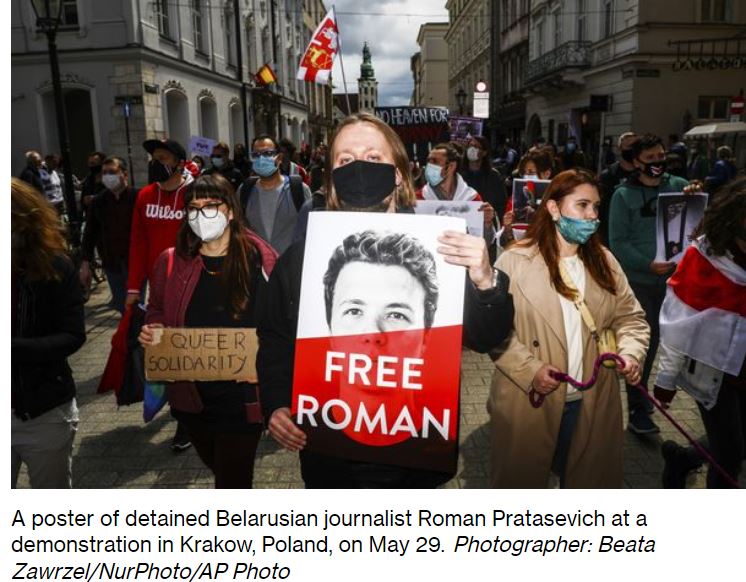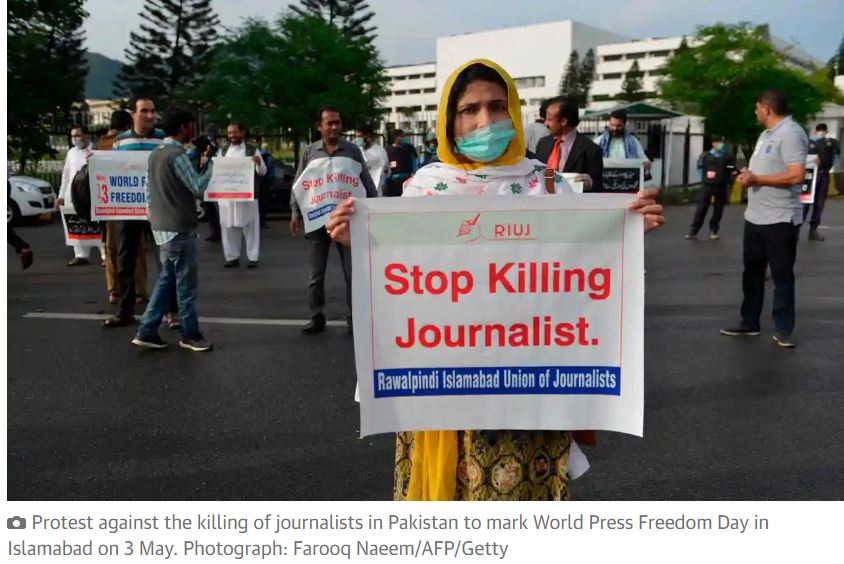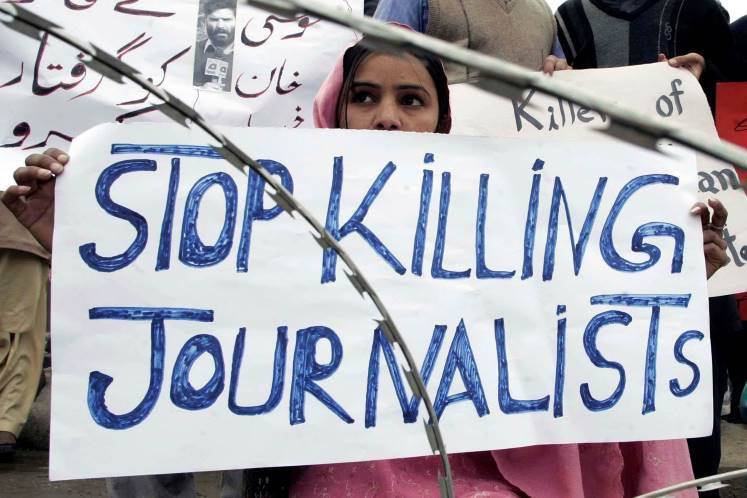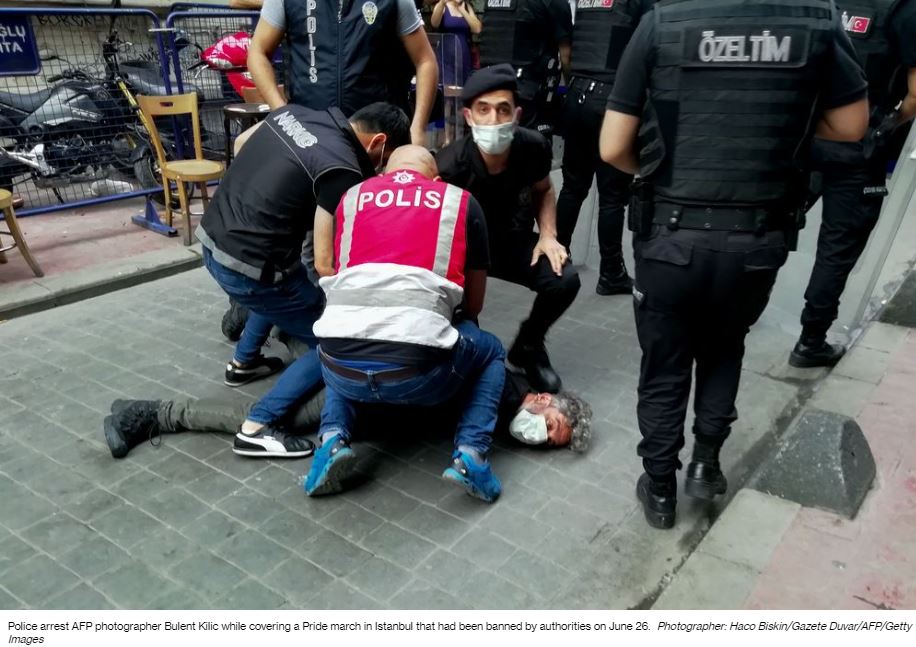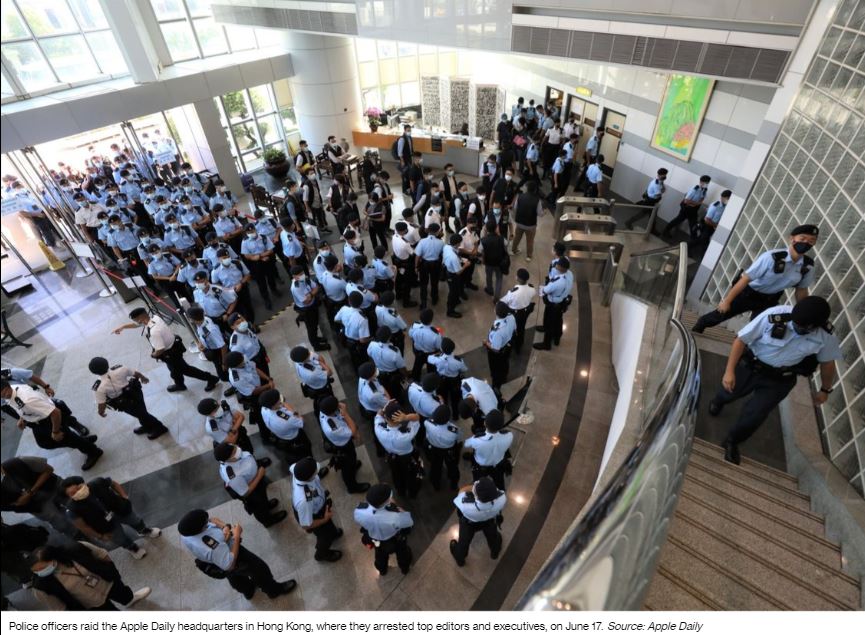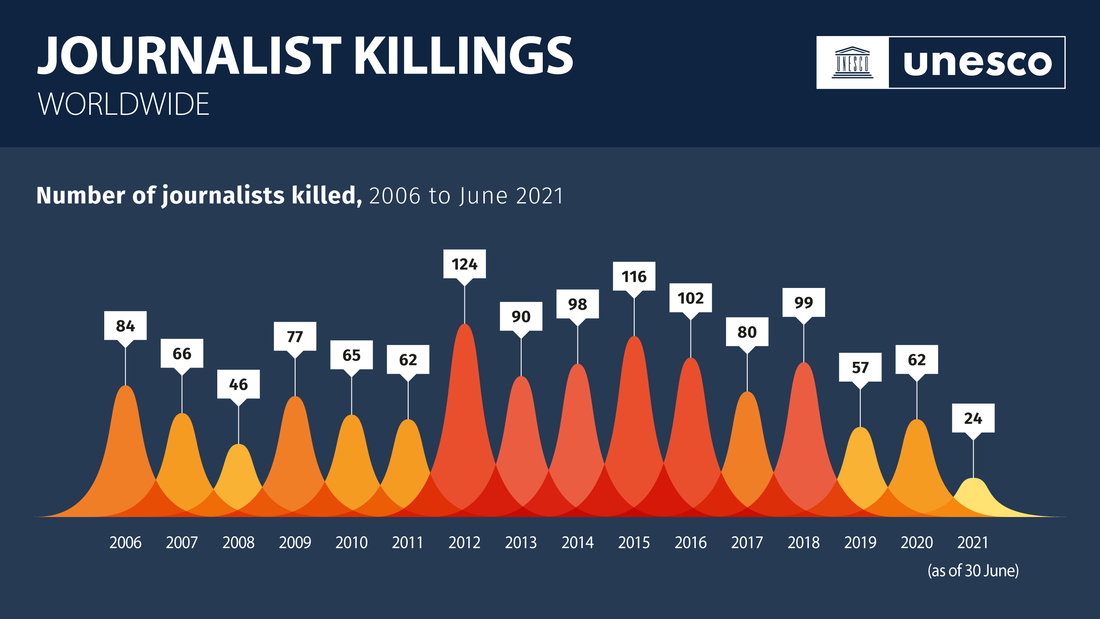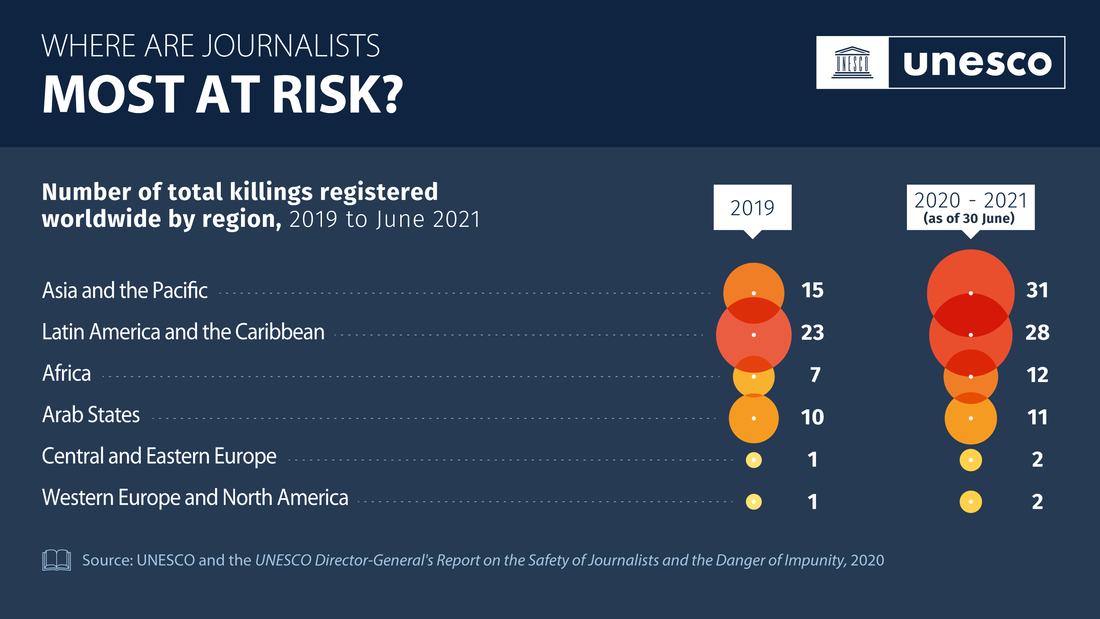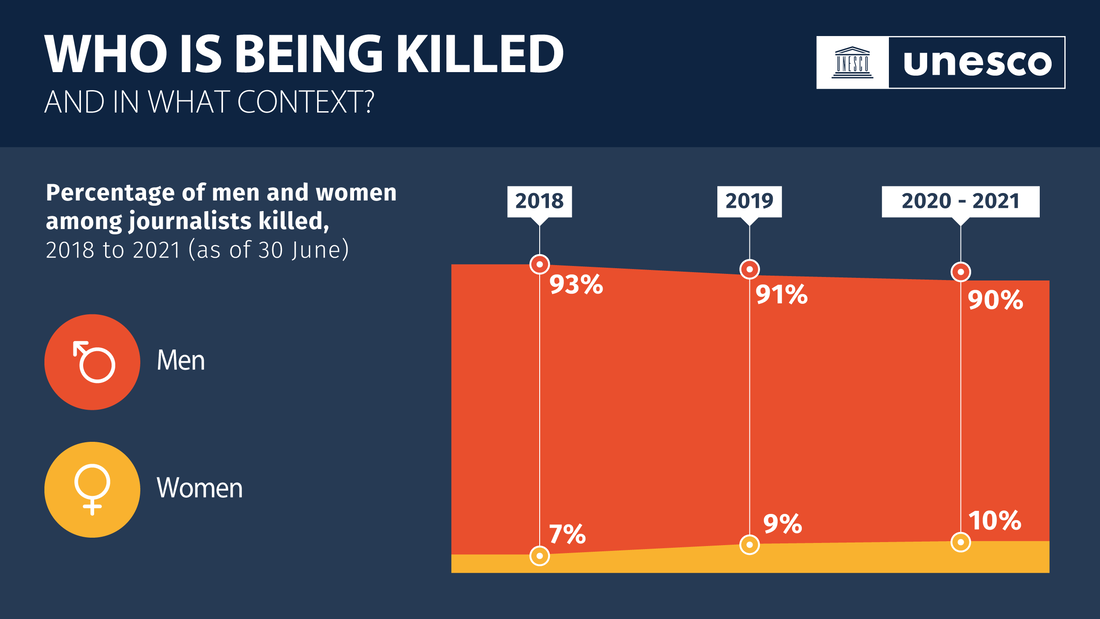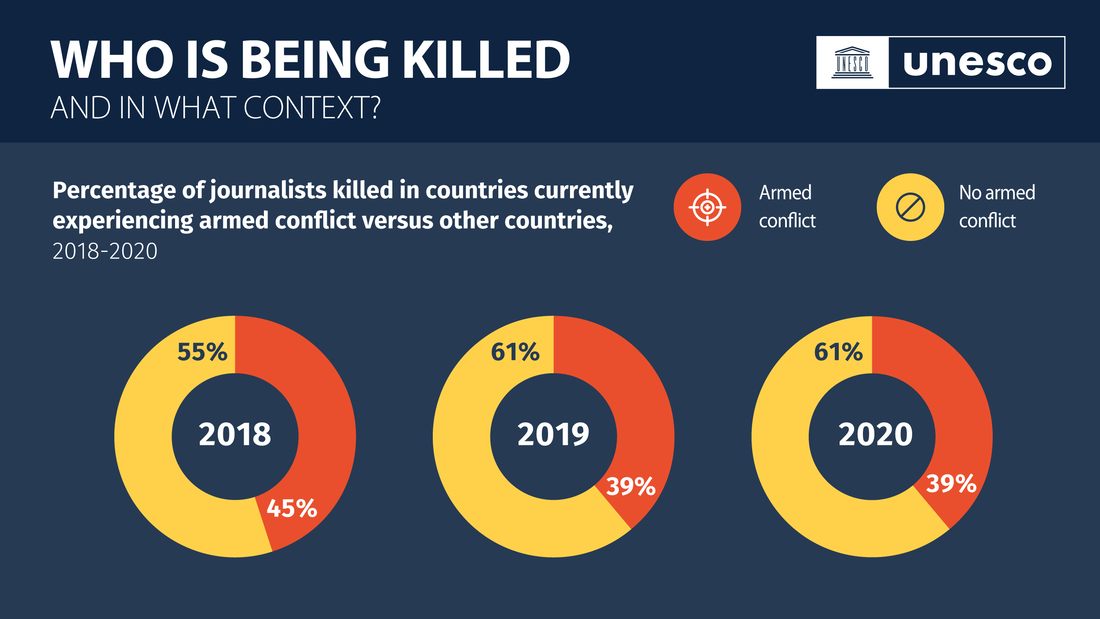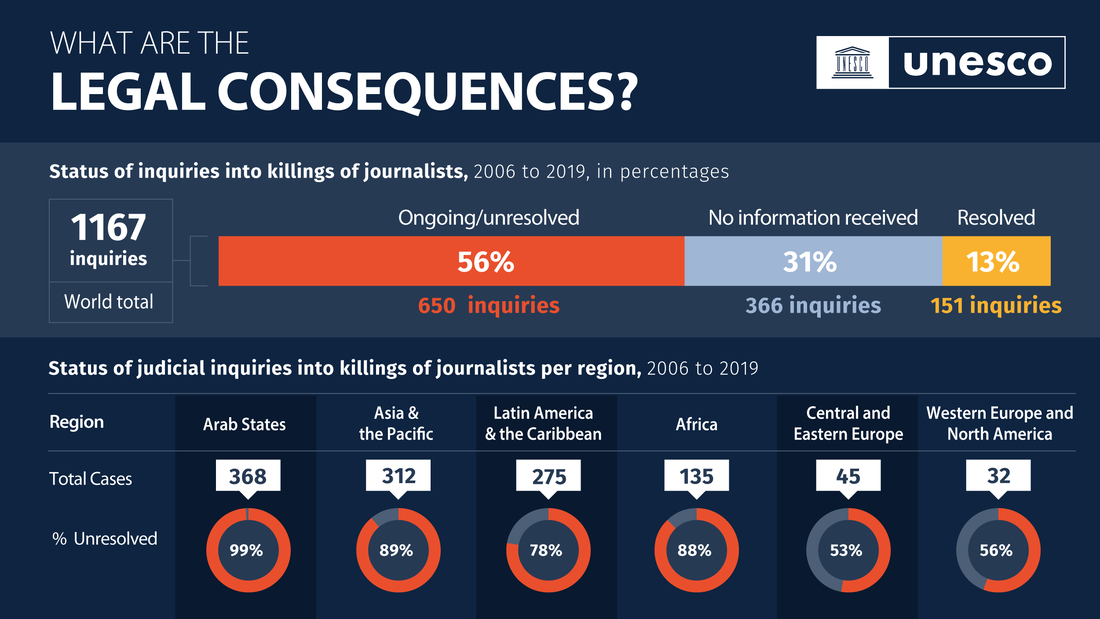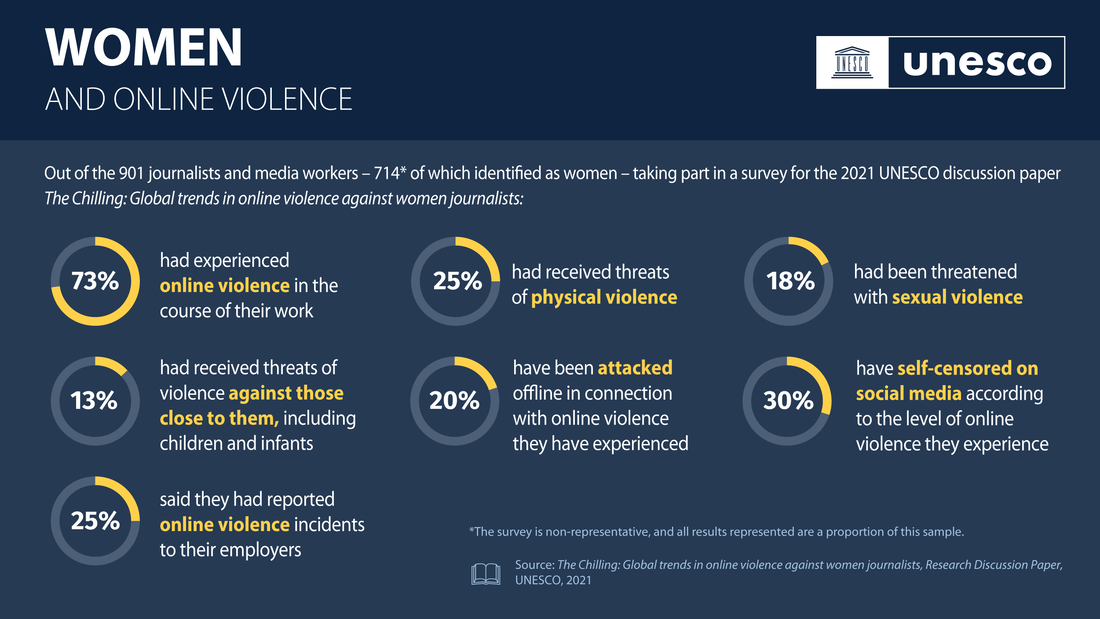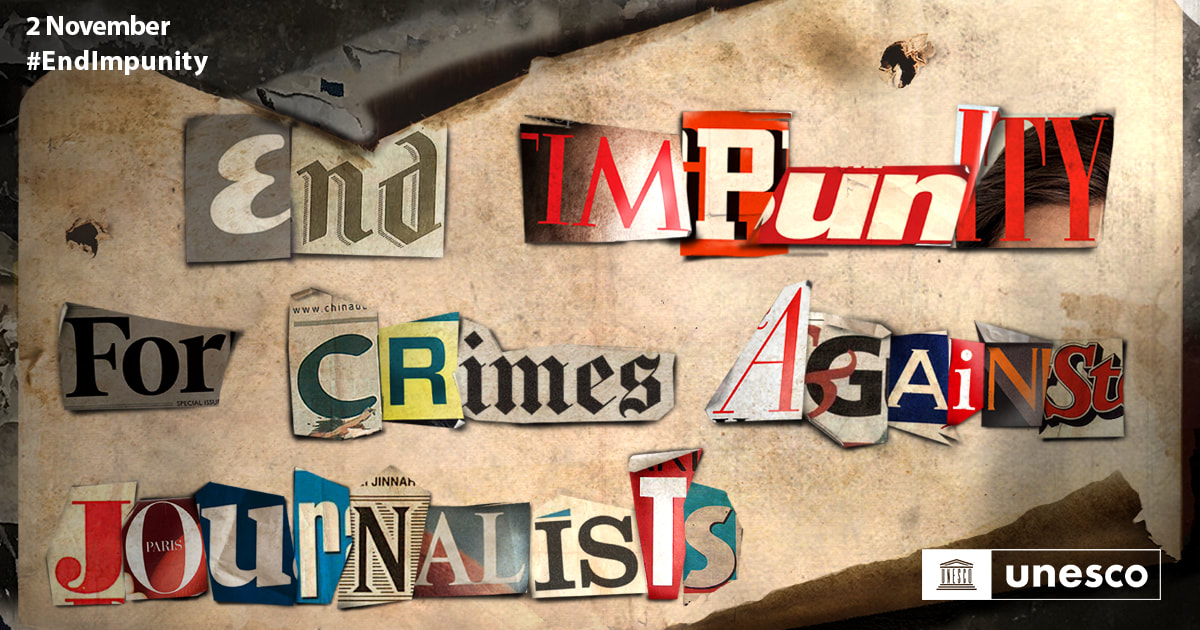08.07.2022
62 Journalists Killed In 2020, Just For Doing Their Jobs: UNESCO
In 2020 alone, according to UN cultural agency UNESCO, which works to protect media workers, 62 journalists were killed just for doing their jobs. Between 2006 and 2020, over 1,200 professionals lost their lives the same way. In nine out of ten cases the killers go unpunished. This year, because of statistics like these, the International Day to End Impunity for Crimes against Journalists is highlighting the important role of prosecutorial services, not only in bringing killers to justice, but also prosecuting threats of violence. In a message marking the day, marked on Tuesday, the UN Secretary-General, António Guterres, noted that many journalists had lost their lives while covering conflict, but the number of media workers killed outside conflict zones, has risen in recent years. “In many countries, simply investigating corruption, trafficking, human rights violations or environmental issues puts journalists’ lives at risk”, the UN Chief said. Journalists face countless other threats, ranging from kidnapping, torture and arbitrary detention, to disinformation campaigns and harassment, particularly in the digital sphere. Mr. Guterres also noted that women journalists are at particular risk. According to UNESCO’s recent paper, The Chilling: Global trends in online violence against women journalists, 73 percent of the women journalists surveyed, said they had been threatened, intimidated and insulted online in connection with their work. In recent years, UNESCO has trained nearly 23,000 judicial officials, including judges, prosecutors and lawyers. The training covered international standards related to freedom of expression and the safety of journalists, and has placed a particular focus on issues of impunity. Credit: UNESCO
Poverty deprives people of adequate education, health care and of life's most basic necessities- safe living conditions (including clean air and clean drinking water) and an adequate food supply. The developed (industrialized) countries today account for roughly 20 percent of the world's population but control about 80 percent of the world's wealth.
Poverty and pollution seem to operate in a vicious cycle that, so far, has been hard to break. Even in the developed nations, the gap between the rich and the poor is evident in their respective social and environmental conditions.
Poverty and pollution seem to operate in a vicious cycle that, so far, has been hard to break. Even in the developed nations, the gap between the rich and the poor is evident in their respective social and environmental conditions.


